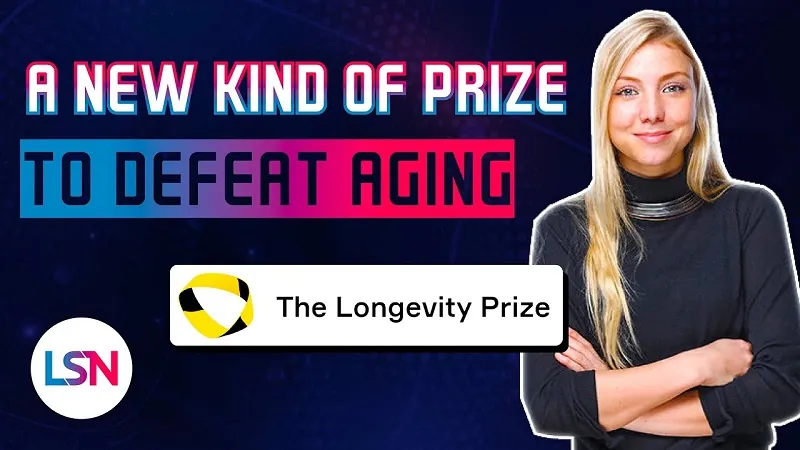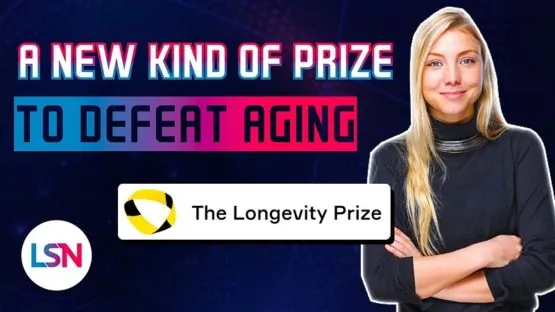The Longevity Prize is a series of prizes designed to honor the researchers who are helping to build a future in which age-related diseases are a thing of the past. This new initiative aims to accelerate progress in the rejuvenation biotechnology field and encourage innovation.
While great strides in our understanding of aging have been made in the last decade, there is still a lot we do not know and much work to be done. There has been some amazing progress made, but solving aging is the most challenging endeavor that humankind has ever faced.
There are more and more rejuvenation companies entering the arena to take on this challenge, but the clock is ticking for us all. The Longevity Prize aims to provide researchers with an incentive to develop novel approaches to bring aging under medical control, thus providing longer, healthier lives for all.
Longevity Prize is doing something different
Unlike traditional funding and prize models where researchers are given a fixed amount of money to focus on a specific goal, the Longevity Prize aims to do something different. By creating a series of prizes, the goal is to create a rising tide of research proposals, experiments, and collaborations.
Because the Longevity Prize is free from the traditional systems of funding, this means that more ambitious projects have the potential to receive attention. Risk aversion is a huge problem in normal funding, so this initiative helps to address that by supporting undervalued or overlooked projects.
The first round of prizes totals $180k and was fundraised through Gitcoin. Community donations were matched by VitaDAO, Vitalik Buterin, and Stefan George.
The first prize to be announced is the Hypothesis Prize.
Over a century of all the world’s biological knowledge is available to anyone taking the time to read the literature. There are cases where key discoveries are made in the past, but forgotten for long periods of time – only to be rediscovered. The hypothesis prize aims to resurface such discoveries and research areas, focusing our attention on the most promising directions.
Normally, researchers can only start experiments when they successfully get the funds to begin. The first round aims to combat this problem by giving out prizes based on hypothesis generation that will then help to shape the second and subsequent prize rounds that follow.
After more than a century of research, the literature is filled with hidden gems and forgotten knowledge. Most of this knowledge is available to anyone to read, and there are plenty of cases where discoveries are forgotten for decades only to be found again years later.
Longevity Prize would love to hear from you
Do you have a suggestion for an underappreciated area of aging research that deserves some attention? Perhaps you have read the scientific literature and can explain why a particular area of research needs more focus?
You can submit a proposal (1-3 pages max) for consideration and could win a prize of up to 20k. Finalists will be invited to present their proposal to the judges. Excellent proposals will be moved to the next phase, where they will be eligible for follow-on funding.
Lifespan.io is proud to be part of this awesome initiative alongside VitaDAO, Foresight Institute, and the Methuselah Foundation.




